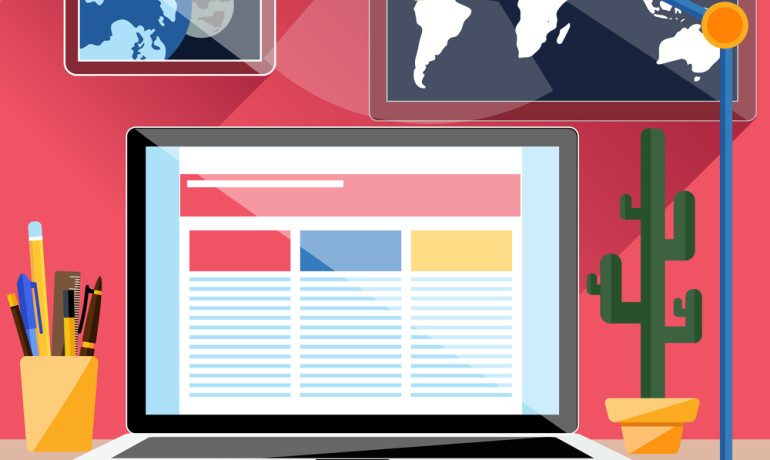Academic research is evolving faster than ever. Artificial intelligence is writing code, scanning literature, and even generating new hypotheses.
Open data is breaking down paywalls, and global collaboration is redefining how discoveries happen.
In 2025, the walls that once slowed science are coming down — replaced by speed, transparency, and collective intelligence.
AI: The Research Assistant That Never Sleeps
Artificial intelligence has become the invisible co-author in labs and universities worldwide.
Tools like semantic search engines and AI-driven data models are helping researchers synthesize decades of information in hours instead of weeks.
AI isn’t replacing human creativity — it’s amplifying it.
Instead of digging through papers, scientists can now focus on what matters most: interpretation and innovation.
🔍 Example: Faster Literature Reviews
In biomedical research, tools like Meta AI Scholar scan over 250,000 papers to identify emerging patterns — saving months of manual review.
One research team in Berlin cut their review process from 12 weeks to just 10 days.
The Rise of Open Data and Open Science
For decades, research data lived behind journal paywalls. In 2025, that model is crumbling.
Governments, universities, and private funders are now mandating open-access publishing and data transparency to promote collaboration and accountability.
Platforms like Zenodo and Figshare allow researchers to share data sets globally — making science faster and more reproducible.
📊 By the Numbers
- 70% of new academic papers in 2025 are published under open-access licenses (up from 42% in 2020).
- 84% of research funders now require open data availability.
- 50+ countries have adopted national open-science policies.
Collaboration Without Borders
The pandemic accelerated a permanent shift toward digital research collaboration.
In 2025, cross-border research is the new norm.
Platforms like ResearchGate, Slack for Science, and virtual lab networks allow teams to co-author, analyze, and publish seamlessly.
One climate study in 2025 involved over 200 researchers from 38 countries — all working remotely with real-time AI translation tools.
Data Ethics and Reproducibility
With great data comes great responsibility.
As AI automates analysis, ethical data handling and transparent reporting are more critical than ever.
Universities now include data ethics certification as part of doctoral training, ensuring researchers understand privacy, bias, and reproducibility.
🌍 Collaboration Spotlight: Africa’s Data Leap
In Kenya and Nigeria, open-data initiatives funded by the African Union are helping researchers build local solutions to global problems — from drought prediction to clean energy.
By investing in data infrastructure, these nations are not just participating in research — they’re leading it.
The Future of Peer Review
Peer review is also evolving. AI systems now flag potential plagiarism, data inconsistencies, and conflicts of interest before human reviewers step in.
Meanwhile, blockchain-based systems are creating transparent peer-review trails, rewarding reviewers with digital credentials.
In short: the future of credibility in science is digital, transparent, and traceable.
Challenges Ahead
- ⚠️ Data Overload: Managing terabytes of open data requires stronger digital infrastructure.
- ⚠️ AI Bias: Algorithms must be trained on diverse datasets to avoid reinforcing inequities.
- ⚠️ Funding Gaps: Open access fees can burden smaller institutions without subsidies.
Solving these challenges will require global standards — not just technology.





